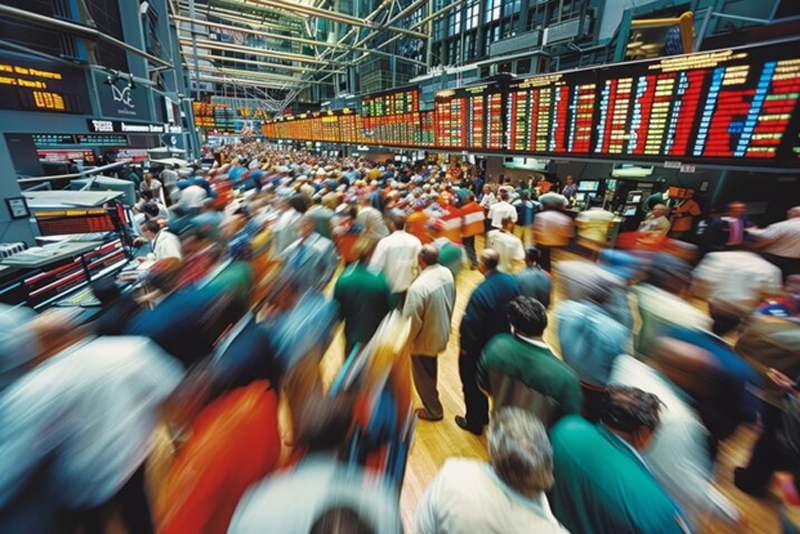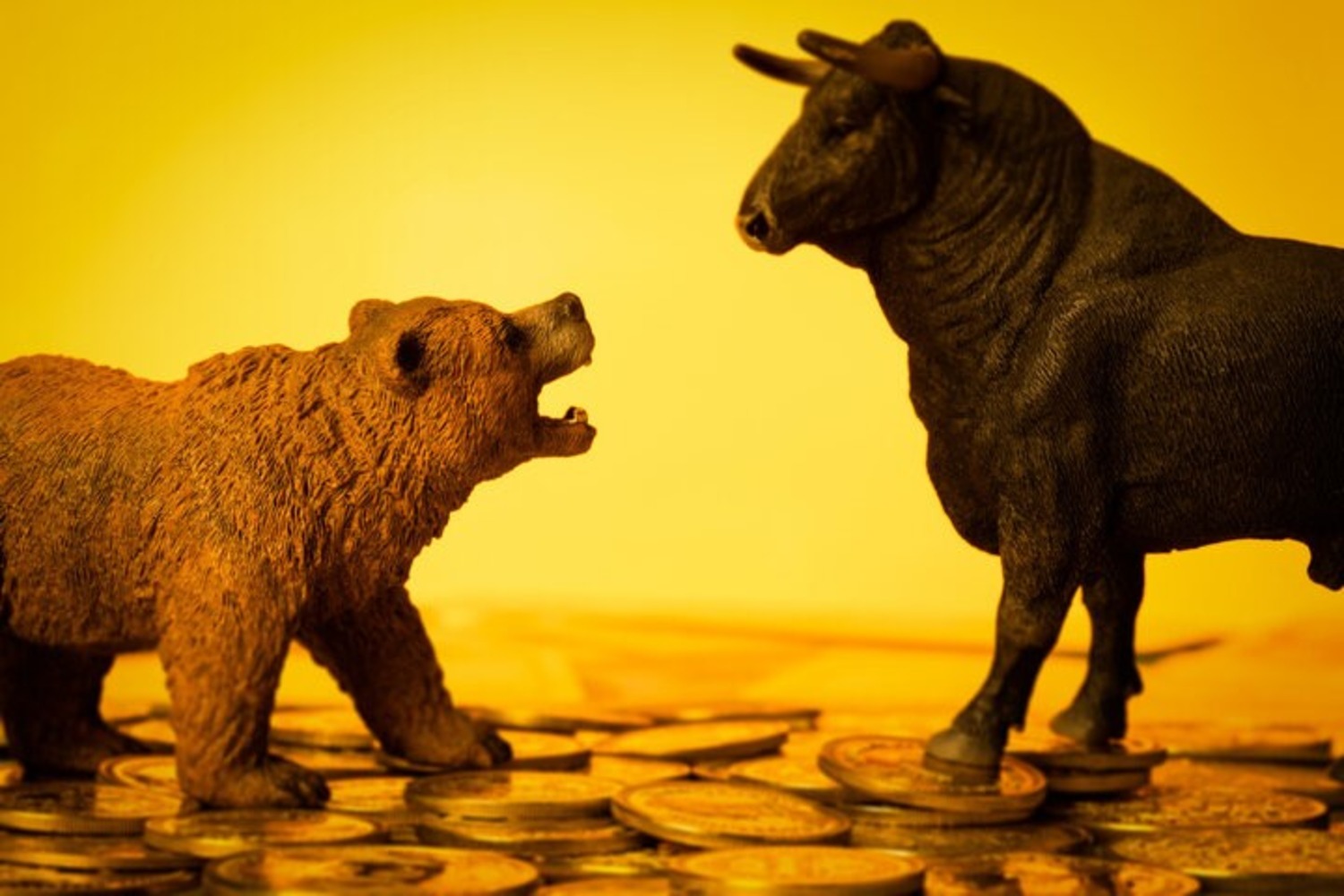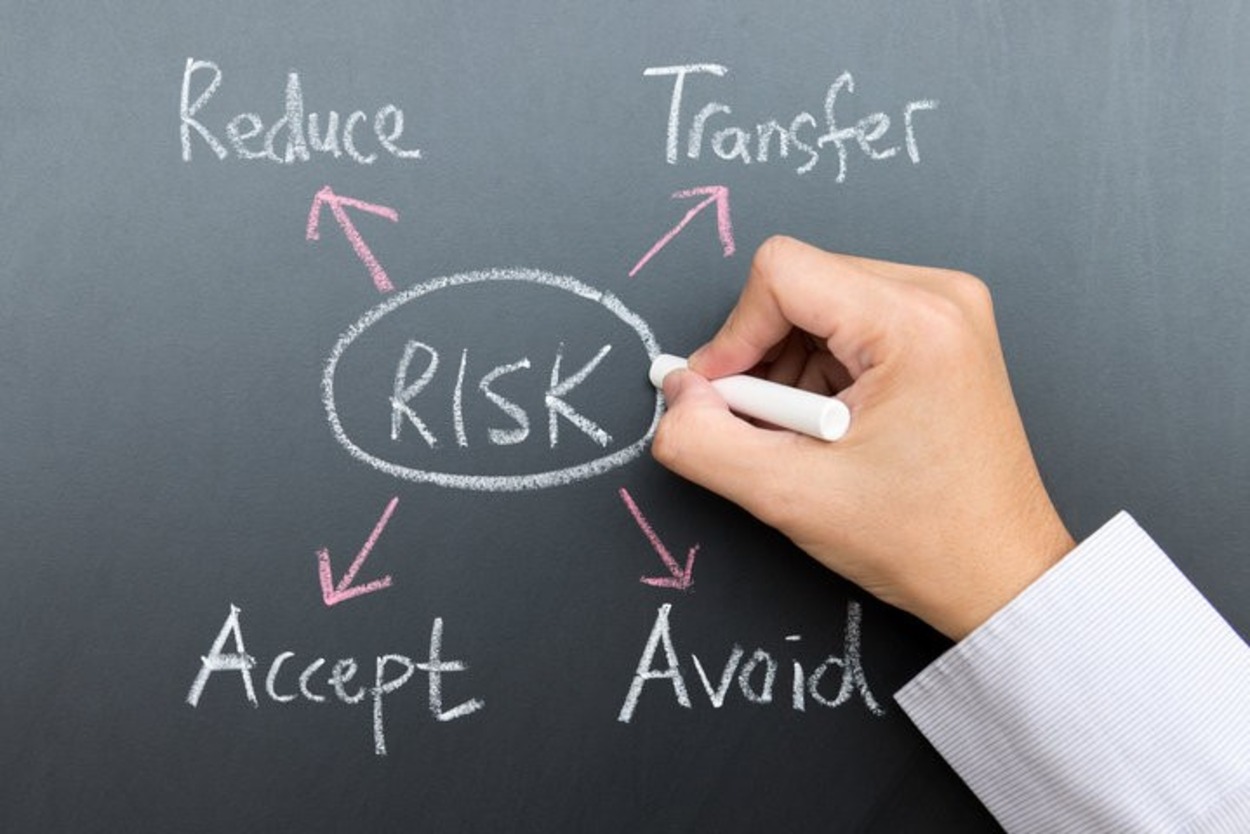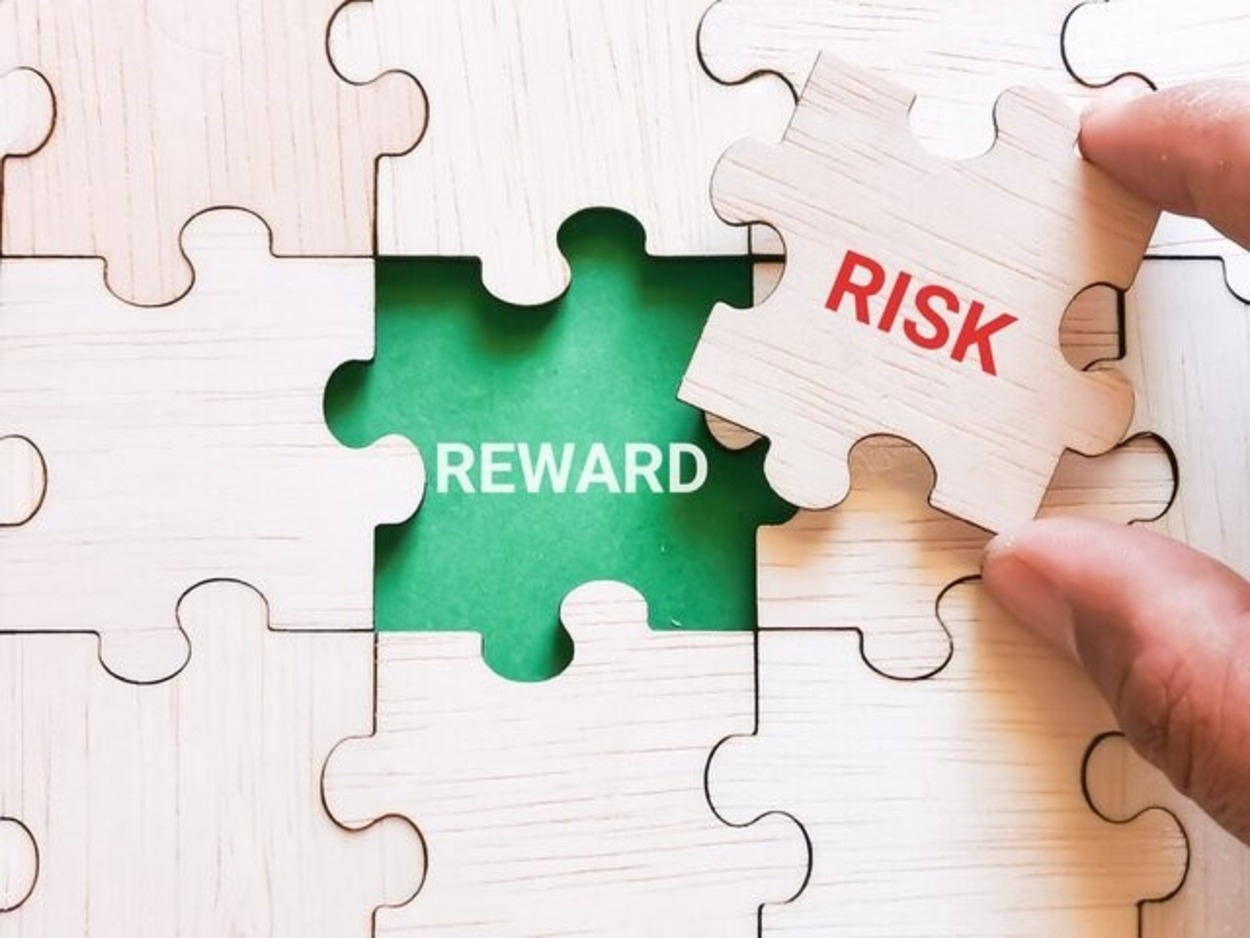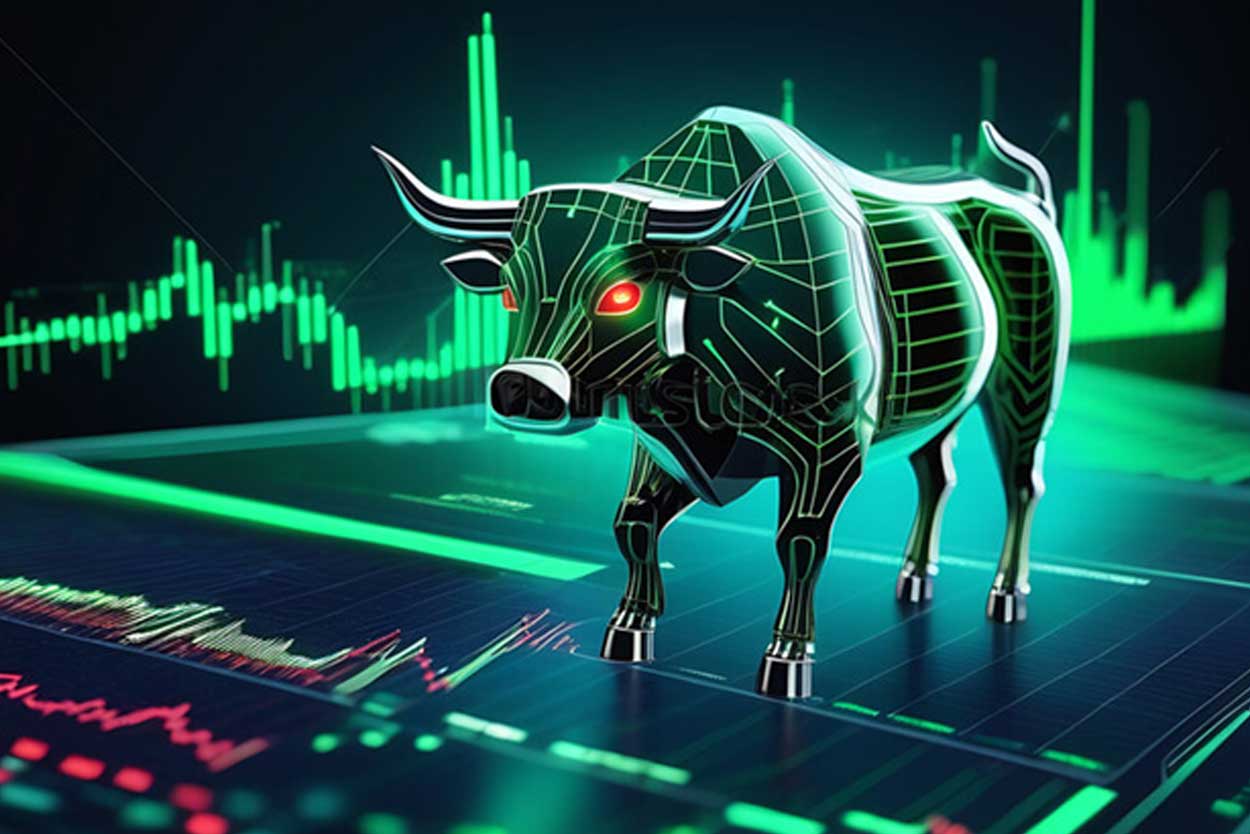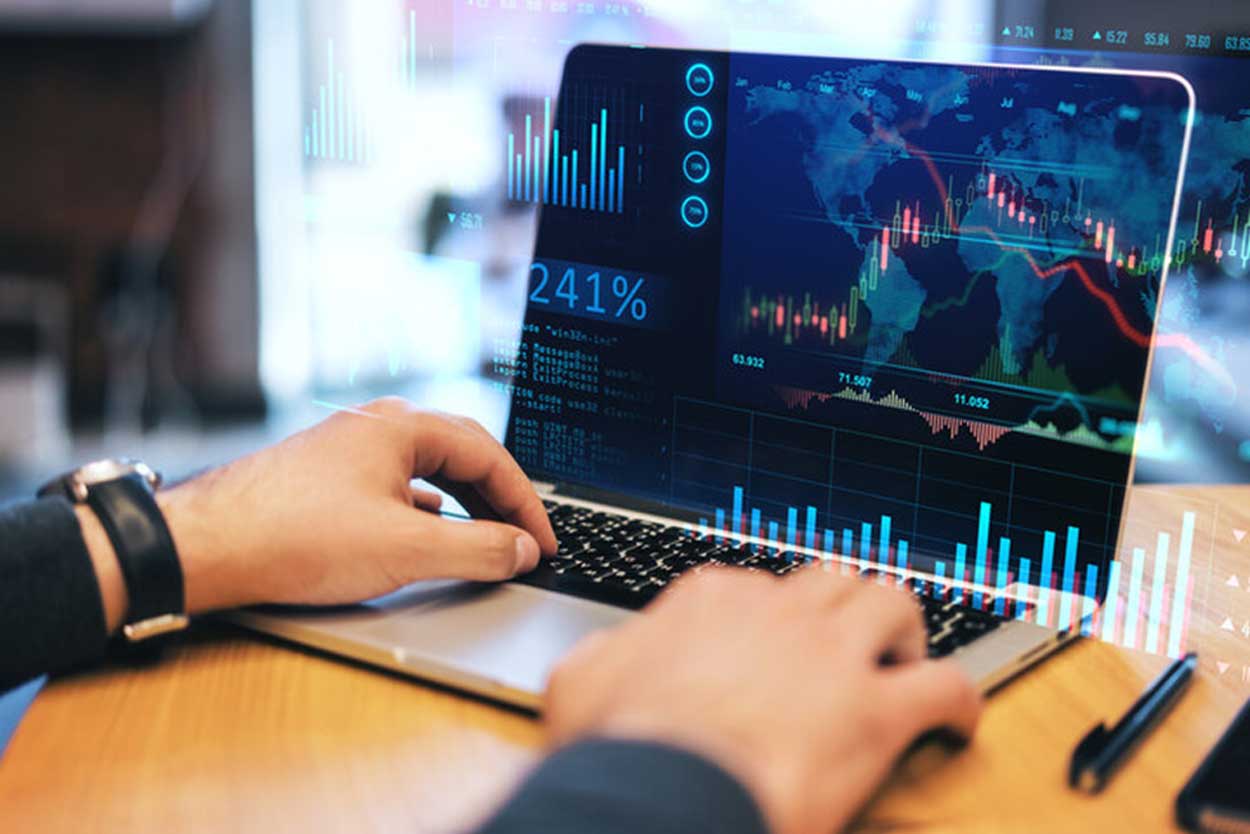Becoming a better futures trader requires a combination of education, strategy development, emotional discipline, and continuous learning. Whether you’re a novice or an experienced trader, refining your approach and mindset is crucial for long-term success. This guide explores various aspects of futures trading, defines different types of futures traders, and underscores the importance of emotional discipline.
Understanding Futures Trading
Futures trading involves buying and selling contracts for the delivery of an asset at a future date. These contracts are standardized and traded on futures exchanges. The underlying assets can range from commodities like oil, gold, and agricultural products to financial instruments like currencies and interest rates.
Different Types of Futures Traders
Day Trader
Day traders buy and sell futures contracts within the same trading day. They aim to profit from short-term price fluctuations and typically do not hold positions overnight. This type of trading requires quick decision-making and constant market monitoring.
Swing Trader
Swing traders hold positions for several days to weeks. They try to capture short- to medium-term trends in the market. Swing trading involves less frequent trading than day trading but requires a good understanding of technical analysis and market trends.
Position Trader
Position traders hold futures contracts for weeks, months, or even years. They base their decisions on long-term market trends and fundamental analysis. This approach requires patience and the ability to withstand short-term market volatility.
Scalper
Scalpers seek to make numerous small profits throughout the trading day by exploiting minor price changes. This high-frequency trading style demands quick reflexes, advanced trading tools, and a deep understanding of market mechanics.
Algorithmic Trader
Algorithmic traders use computer programs to execute trades based on predefined criteria. These algorithms can analyze vast amounts of data and execute trades faster than human traders. Algorithmic trading requires a strong background in programming and quantitative analysis.
Developing a Trading Strategy
A well-defined trading strategy is essential for success in futures trading. Your strategy should include the following components:
* Market Selection
Choose the markets you want to trade based on your knowledge and interests. Specializing in a few markets can help you develop a deeper understanding of their dynamics.
* Time Frame
Determine your trading time frame based on your lifestyle and risk tolerance. Whether you’re a day trader, swing trader, or position trader, your strategy should align with your chosen time frame.
* Technical Analysis
Technical analysis involves studying historical price charts and using indicators to predict future price movements. Common technical analysis tools include moving averages, trendlines, RSI, MACD, and Fibonacci retracement levels.
* Fundamental Analysis
Fundamental analysis examines economic indicators, market news, and financial reports to assess the intrinsic value of an asset. For commodities, this might include supply and demand data, weather conditions, and geopolitical events.
* Risk Management
Effective risk management is crucial for preserving your capital. This includes setting stop-loss orders, determining position sizes, and diversifying your trades to minimize risk.
* Trade Execution
Develop a plan for entering and exiting trades. This should include specific criteria for opening positions, as well as conditions for closing them based on profit targets or stop-loss levels.
* Continuous Improvement
Regularly review and adjust your trading strategy based on performance. Keep a trading journal to track your trades, analyze mistakes, and identify areas for improvement.
Emotional Discipline in Futures Trading
Emotional discipline is one of the most critical aspects of successful futures trading. The ability to manage emotions such as fear, greed, and impatience can significantly impact your trading performance.
- Controlling Fear
Fear can lead to hesitation and missed opportunities. It can also cause you to exit trades prematurely, cutting your profits short. To control fear:
- Develop a solid trading plan and trust your strategy.
- Use stop-loss orders to limit potential losses.
- Keep your risk within manageable levels.
- Managing Greed
Greed can drive you to take excessive risks or hold onto winning positions for too long, hoping for more profits. To manage greed:
- Set realistic profit targets.
- Stick to your trading plan and exit strategies.
- Avoid chasing after every market move.
- Overcoming Impatience
Impatience can lead to impulsive decisions and overtrading. To overcome impatience:
- Focus on quality trades rather than quantity.
- Wait for clear trading signals before entering a trade.
- Practice mindfulness and stay calm during trading sessions.
- Handling Stress
Stress is inevitable in trading, especially during volatile markets. To handle stress:
- Take regular breaks to clear your mind.
- Maintain a healthy lifestyle with proper diet, exercise, and sleep.
- Use relaxation techniques such as meditation or deep breathing exercises.
- Building Confidence
Confidence in your trading abilities can help you stay disciplined and stick to your plan. To build confidence:
- Gain knowledge through education and practice.
- Start with a demo account to hone your skills.
- Celebrate your successes and learn from your mistakes.
Continuous Learning and Adaptation
The futures market is dynamic, and staying updated with the latest developments is crucial for long-term success. Here are some ways to continue learning and adapting:
Education
Invest in your education by taking courses, attending seminars, and reading books on futures trading. Learn about new trading strategies, technical analysis tools, and market trends.
Networking
Join trading communities and forums to connect with other traders. Share experiences, exchange ideas, and learn from each other’s successes and failures.
Staying Informed
Keep abreast of market news, economic indicators, and geopolitical events that can impact the futures market. Use financial news websites, trading platforms, and social media to stay informed.
Analyzing Performance
Regularly review your trading performance to identify strengths and weaknesses. Use trading journals, performance reports, and analytics tools to evaluate your trades and make necessary adjustments.
Adapting to Market Changes
Markets evolve, and so should your trading strategies. Be flexible and willing to adapt to changing market conditions. This might involve tweaking your trading plan, exploring new markets, or adopting new technologies.
Becoming a better futures trader is a continuous journey that involves developing a solid trading strategy, maintaining emotional discipline, and committing to ongoing learning and adaptation. By understanding your trading style, managing your emotions, and staying informed, you can improve your trading performance and achieve long-term success in the futures market.
Remember, the key to successful futures trading lies not just in identifying profitable trades but also in managing risk and maintaining a disciplined approach. Embrace the challenges, learn from your experiences, and strive for constant improvement. With dedication and perseverance, you can become a successful futures trader.
Ready to start trading futures? Call US 1(800)454-9572 – Int’l (310)859-9572 email info@e-mini.com and speak to one of our experienced, Series-3 licensed futures brokers and start your futures trading journey with E-Mini.com today.
Disclaimer – Trading Futures, Options on Futures, and retail off-exchange foreign currency transactions involves substantial risk of loss and is not suitable for all investors. Past performance is not indicative of future results. You should carefully consider whether trading is suitable for you in light of your circumstances, knowledge, and financial resources. You may lose all or more of your initial investment. Opinions, market data, and recommendations are subject to change at any time.
Important: Trading commodity futures and options involves a substantial risk of loss. The recommendations contained in this writing are of opinion only and do not guarantee any profits. This writing is for educational purposes. Past performances are not necessarily indicative of future results.
**This article has been generated with the help of AI Technology. It has been modified from the original draft for accuracy and compliance.
***@cannontrading on all socials.

